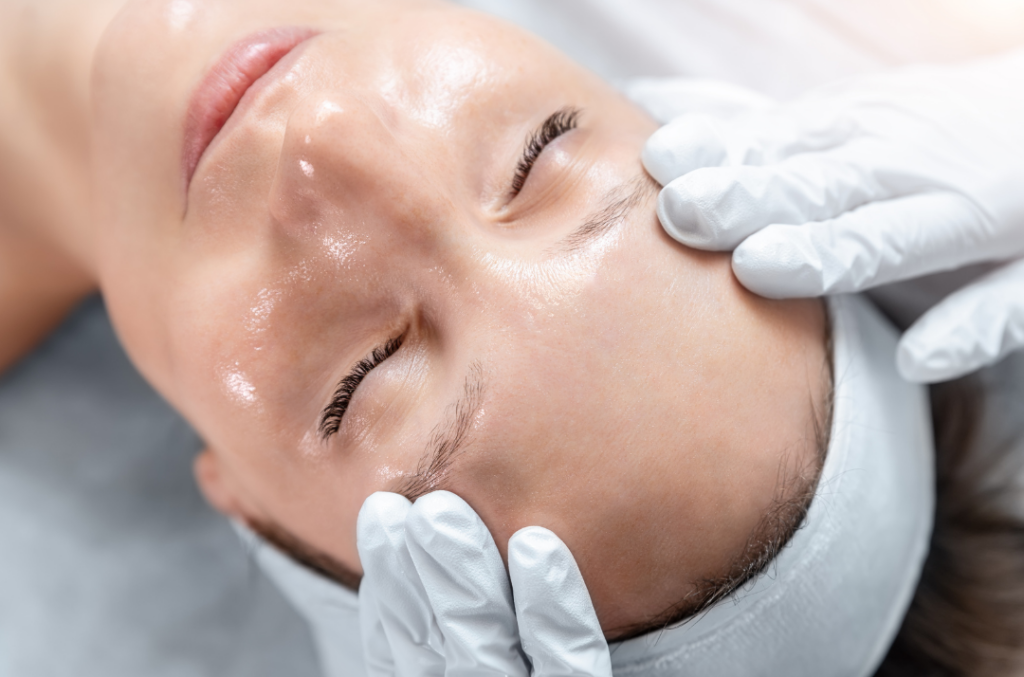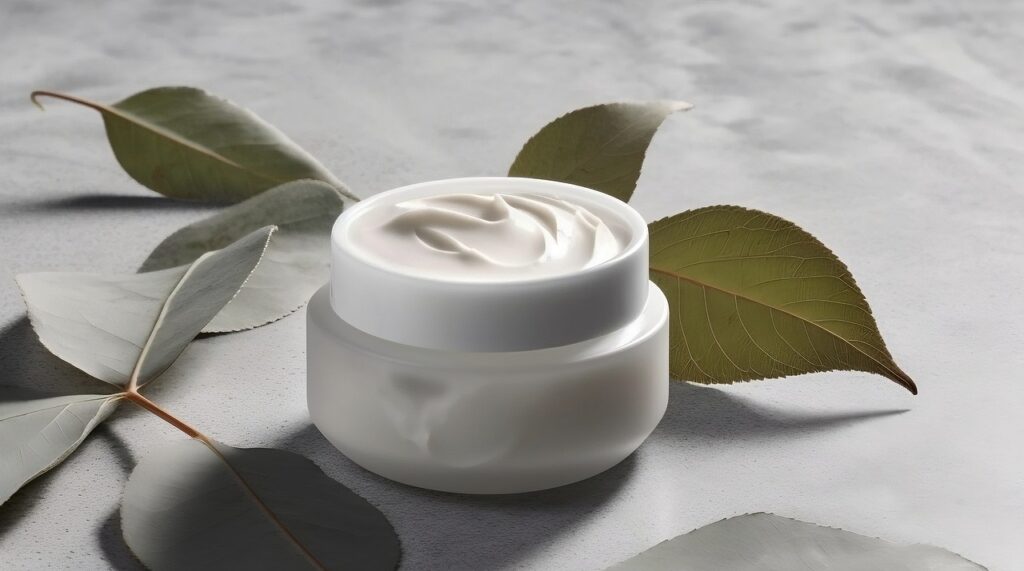Hydra needling and face stamping have emerged as buzzwords in the realm of skincare. This innovative approach to skin rejuvenation has garnered attention for its potential to transform skin health.
What is Hydra Needling?
Hydra needling, also known as ‘micro-needling with serum infusion’, is a derivative of the traditional micro needling process. It involves the use of tiny needles to create micro-channels in the skin, which allow for enhanced penetration of serums tailored to various skin concerns.
How Does Face Stamping Differ From Traditional Microneedling?
Face stamping is a precise form of microneedling that uses a stamp-like device to directly deliver targeted treatments to specific areas of the skin. This method plumps the skin through collagen induction and simultaneously infuses it with serums, differing from the rolling action of traditional microneedling tools.
Can Hydra Needling and Face Stamping Address Specific Skin Issues?
Absolutely. These techniques are praised for their versatility in treating an array of skin conditions, such as fine lines and wrinkles, acne scars, enlarged pores, and uneven skin tone. The precision of face stamp especially allows for the treatment of areas that are hard to reach with traditional rollers.
Are These Procedures Safe?
When performed by a trained professional, hydra needling and face stamping are considered safe for most skin types. As with any procedure, there are risks involved, including irritation, swelling, and, less commonly, infection if proper aftercare is not practiced.
How Do I Choose the Right Serums for Hydra Needling and Face Stamping?
The serums used can be customised to your specific skin needs. Compounding pharmacies have risen to prominence by creating bespoke serums with ingredients such as vitamin A (for aging skin), vitamin B (for hydration), and vitamin C (for brightening). A skincare professional can recommend the perfect concoction based on your skin assessment.
How Often Should I Get Hydra Needling or Face Stamping Done?
The recommended frequency can vary based on individual skin concerns and response to treatment. Generally, treatments are spaced 4-6 weeks apart to allow the skin to heal and regenerate.
What Should I Expect During the Recovery Phase?
Post-treatment, one may experience mild redness, swelling, and tenderness, resembling a sunburn. These symptoms typically subside within a few days. Patients are advised to follow a specific aftercare routine to aid in the healing process and protect the skin, usually involving gentle skincare products and diligent sun protection.
How Long Does It Take to See Results from Hydra Needling and Face Stamping?
While some might notice an immediate plumpness, the full benefits of collagen induction usually become more visible after several weeks as the skin heals and regenerates. A series of sessions is often recommended to achieve the best possible results.
Do Compounding Pharmacies Play a Role in Hydra Needling and Face Stamping?
Yes, compounding pharmacies significantly enhance the treatment by formulating serums that are tailor-made to patients’ unique skin concerns. Their role ensures that the active ingredients delivered during the process are at optimal concentrations for each individual.
Can I Use Over-the-Counter Serums with These Techniques?
While OTC serums can be used, the advantage of compounded serums is their customisation and potency, which are often not available in off-the-shelf products. It’s also essential to ensure that any serum used is safe to penetrate the deeper layers of the skin, as is facilitated by microneedling.
What Makes Hydra Needling and Face Stamping Stand Out Amongst Other Skincare Techniques?
Their ability to significantly enhance the absorption and effectiveness of skincare products is a game-changer. The treatments not only resurface the skin but also allow for deeper infusion of nourishing compounds, making them more potent than topical applications alone.
Is There Anyone Who Should Avoid These Treatments?
People with active skin infections, chronic skin disorders, or certain systemic illnesses should consult with a healthcare provider. Also, those who are pregnant or nursing should typically avoid these treatments.
Conclusion
Hydra needling and face stamping are taking the skincare world by storm, promising a personalised approach to achieving a healthier and youthful complexion. With the guidance of skincare professionals and compounded serums from trusted pharmacies, these treatments can be tailored to meet the needs of any skin type. If you’re considering either treatment, it’s crucial to consult with a licensed dermatologist or certified skincare practitioner to ensure it’s appropriate for your skin concerns and overall health.
Your Invitation: Start Your Journey to Flawless Skin
Interested in exploring the benefits of hydra needling and face stamping for your skin? Contact our compounding pharmacy to see if these treatments are right for you and begin your path to a radiant, youthful complexion.
To view and purchase our Hydra Needling and Face Stamping kit please visit our shop here.
Follow us on Instagram for our latest skincare content!

Lane Khin, the compounding pharmacist of My Skin Pharmacy, brings a wealth of knowledge from the worlds of pharmacy and dermatology to the table. With degrees in Pharmacy and Applied Science from QUT, Lane combines a deep understanding of compounding and skincare with a friendly, accessible approach. Through My Skin Magazine, Lane shares her expertise, offering readers practical advice and insights into personalised skincare solutions. Lane has a real passion for helping others achieve their best skin.


